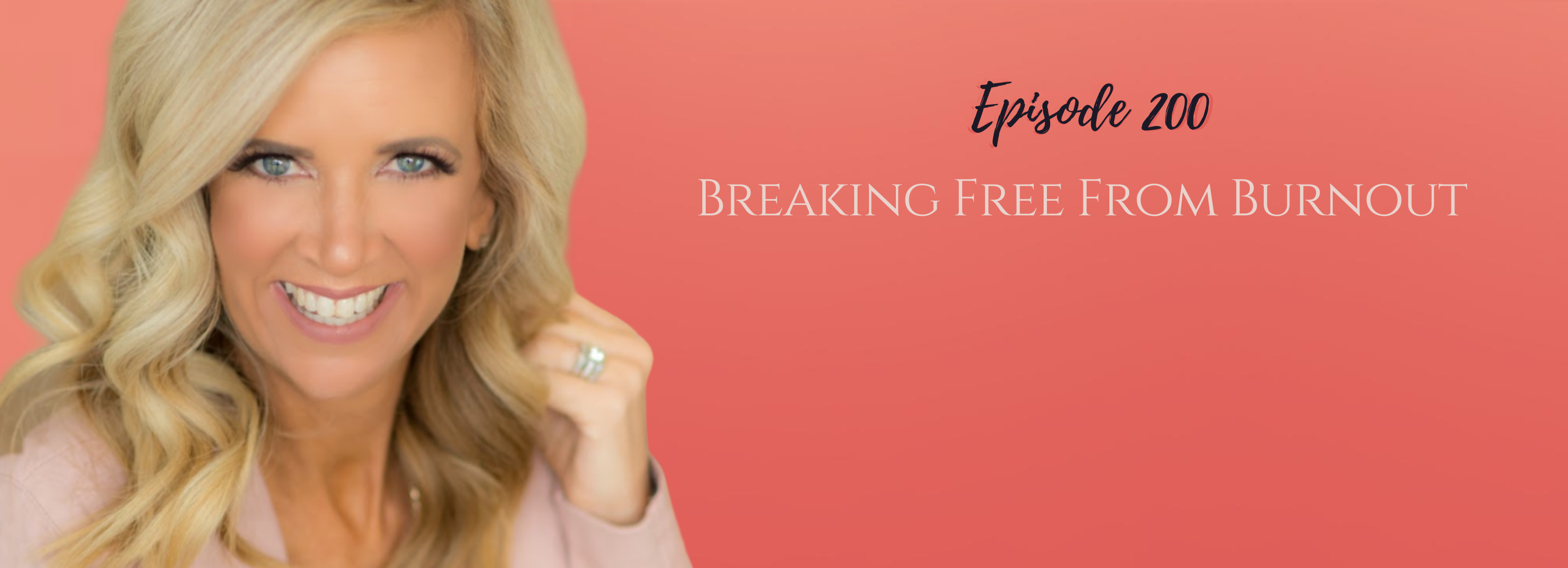
Breaking Free From Burnout with Amy Mangueira| 2.15.2023
In this episode, Kristen talks with Amy Mangueira, 4x entrepreneur, burnout + self-care expert, motivational speaker and author, about burnout, how to identify the signs and symptoms, personal experience with burnout and how to work through it.
You'll Learn
- How Amy started on her journey of working through burnout
- Why lack of boundaries can lead to burnout
- How your childhood trauma could be added to burnout
- How meditation and breath work can help with burnout
Resources
The Path to Break Free from Burnout
For counseling services near Indianapolis, IN, visit www.pathwaystohealingcounseling.com.
Subscribe and Get a free 5-day journal at www.kristendboice.com/freeresources to begin closing the chapter on what doesn’t serve you and open the door to the real you.
Subscribe to the Close the Chapter YouTube Channel
This information is being provided to you for educational and informational purposes only. It is being provided to you to educate you about ideas on stress management and as a self-help tool for your own use. It is not psychotherapy/counseling in any form.